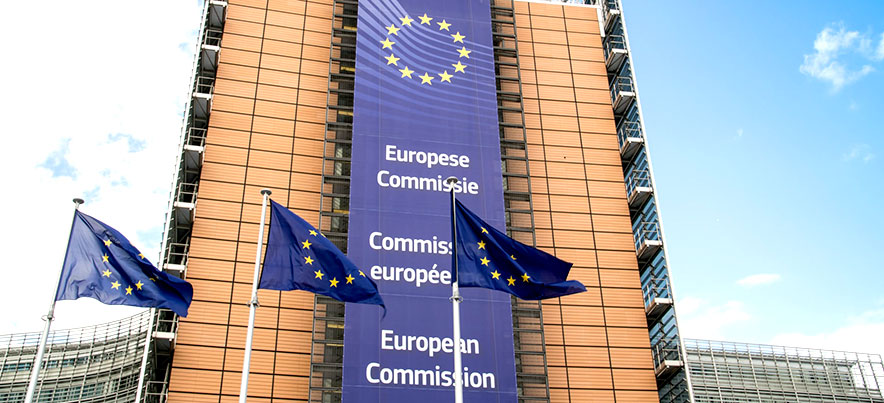To help companies affected by the COVID-19 pandemic in the 22 participating EU Member States, the European Commission has approved the creation of a new synthetic securitization product.
The new product comes in the form of guarantees on synthetic securitization tranches, under the European Guarantee Fund, and is managed by the European Investment Bank Group (EIB Group). Although the dedicated budget is EUR 1.4 billion, another EUR 13 billion is expected to become available to companies affected by the economic impacts of COVID-19.

Synthetic securitization is a process by which an issuer identifies a pool of existing assets (for example, a loan portfolio) on its balance sheet, creates tranches with different risk/reward profiles against that pool, and then transfers part of the risk originating from the pool by purchasing protection on a specific tranche from a protection seller, with the originating entity also paying a premium to the protection seller.
Through the new instrument, the EIB Group will endorse a financial intermediary with protection in the form of a guarantee on a specific risk tranche for an existing portfolio asset. However, the portfolio must fulfill certain requirements (e.g., not exceeding a maximum size) and contain only performing exposures.
The financial intermediary will be charged with a subsidized guarantee fee by the EIB Group and will be required to pass on the financial advantage that originates from the transaction to the ultimate beneficiaries of the instrument, including using the newly available regulatory capital to meet the liquidity needs of small and medium enterprises (SMEs). The financial intermediary must also comply with a number of other conditions. The ultimate goal of the new instrument is to support new, potentially higher-risk lending to SMEs during the COVID-19 crisis.
Click here to read the original article published by Ally Law member firm KCG Partners.






